The 1970s maintained past trends in the advancement of women’s rights and the globalisation of political consciousness. Much of the world replaced Keynesian economics with a more neoliberal framework throughout this decade. The year 1973 fits right in with these broad tendencies while also having its own important events. The world’s population was estimated to be around 3.2 billion people.
Michael and Lisa were the most popular baby names at the time. Seth Macfarlane, Tyra Banks, and Paul Walker are among the celebrities born this year. The Birds, Cleopatra, and The Great Escape topped movie ticket sales, while The Hollow Hills and The Belljar drew crowds to the library and bookstore. W.E.B Du Bois, Pablo Picasso, Bruce Lee, and fantasy writer JR R Tolkien were among the many greats that died in 1973.
The first graduate from a work-at-home programme, the first KISS performance, the first female jockey to win a big race, and the invention of the first portable cell phone were all firsts this year. The Endangered Species Act was signed into law by Nixon, providing greater protection for animals all across the world. In the same year, the classification of homosexuality as a mental disease was abolished. In tennis, Billie King defeated Chris Evert, and the world watched as Queen Elizabeth II inaugurated the Sydney Opera House.
In terms of more sombre events, 1973 saw the four Watergate burglars plead guilty and the start of the Yom Kippur war. While the Arab-Israeli conflict erupted, calm returned on American territory when Nixon began withdrawing troops from Northern Vietnam. If you are glued to your smartphone or have obtained a degree online, 1973 may have played a role.
Continue reading to discover more about the events of 1973. (January 05, 1973) (January 27, 1973) (February 27, 1973) (March 29, 1973) (April 03, 1973) (April 08, 1973) (May 05, 1973) (June 09, 1973) (September 02, 1973) (September 24, 1973) (October 20, 1973) (October 20, 1973)
President Nixon disbanded the office of special Watergate prosecutor Archibald Cox, accepted Attorney General Elliot L. Richardson's resignation, and fired Deputy Attorney General William B. Ruckelshaus in the so-called Saturday Night Massacre of 1973.
photo source: wikimedia.org (November 16, 1973) (December 06, 1973) (December 24, 1973) (December 26, 1973) (December 28, 1973)
Event 
Bruce Springsteen is an American musician who released his first album, Greetings from Asbury Park, N.J.
photo source: wikimedia.org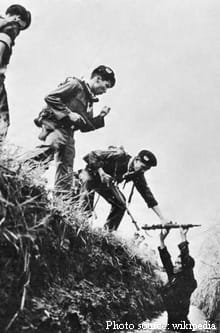
On this day in 1973, the Paris Accord ending the Vietnam War, America's longest war at the time, was signed, allowing for a prisoner exchange and the unilateral withdrawal of US forces from South Vietnam. 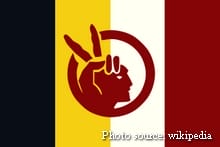
The reserve hamlet of Wounded Knee, South Dakota, was taken by force by 200 members of the American Indian Movement. 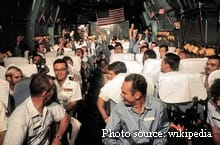
As the United States' involvement in the Vietnam War came to an end, American troops fled Saigon (Ho Chi Minh City). 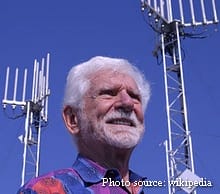
Motorola's Martin Cooper makes the first handheld mobile phone call to Bell Labs' Joel S. Engel. 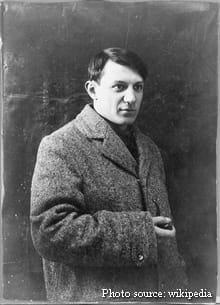
In Mougins, France, Pablo Picasso, possibly the most important artist of the twentieth century, died. 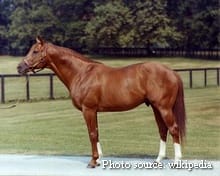
Secretariat (1970–89), an American racehorse, won the Kentucky Derby on his way to winning the Triple Crown, which also included the Preakness Stakes and the Belmont Stakes. 
Secretariat, an American racehorse, won the Belmont Stakes by an astounding 31 lengths to win the Triple Crown; he had already won the Kentucky Derby and the Preakness Stakes. 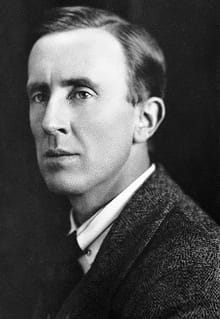
J.R.R. Tolkien, a prolific English author who was best known for the imaginative works The Hobbit (1937) and The Lord of the Rings (1954–55), passed away at the age of 81.
photo source: wikimedia.org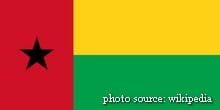
Guinea-Bissau Independence Day.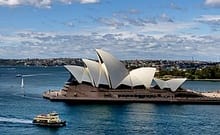
On this date in 1973, Queen Elizabeth II officially opened Australia's Sydney Opera House, which was built by Danish architect Jørn Utzon and won an international competition in 1957.
photo source: wikimedia.org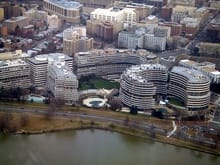
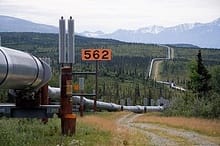
President Richard Nixon signed the Trans-Alaska Pipeline Authorization Act, and the pipeline, which connects the oil fields of Prudhoe Bay in northern Alaska to the port of Valdez, became operational four years later.
photo source: wikimedia.org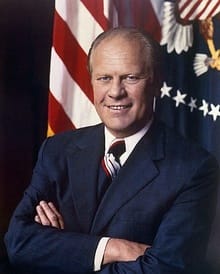
Gerald R. Ford was inaugurated as the United States' vice president, succeeding Spiro T. Agnew, who resigned.
photo source: wikimedia.org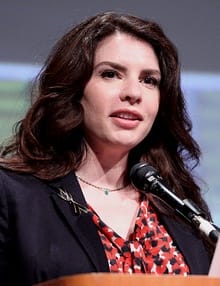
Stephenie Meyer, an American author best known for the Twilight Saga series of juvenile vampire books, was born.
photo source: wikimedia.org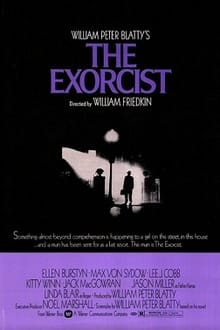
In the United States, the horror classic The Exorcist, based on William Peter Blatty's novel about a young girl possessed by the Devil, was released. It was nominated for ten Academy Awards, including one for director William Friedkin, and went on to become one of the highest-grossing films of all time.
photo source: wikimedia.org
President Richard Nixon of the United States signed the Endangered Species Act, which requires federal and state governments to safeguard all threatened species found within the United States and its surrounding territories.
photo source: wikimedia.org





GIPHY App Key not set. Please check settings